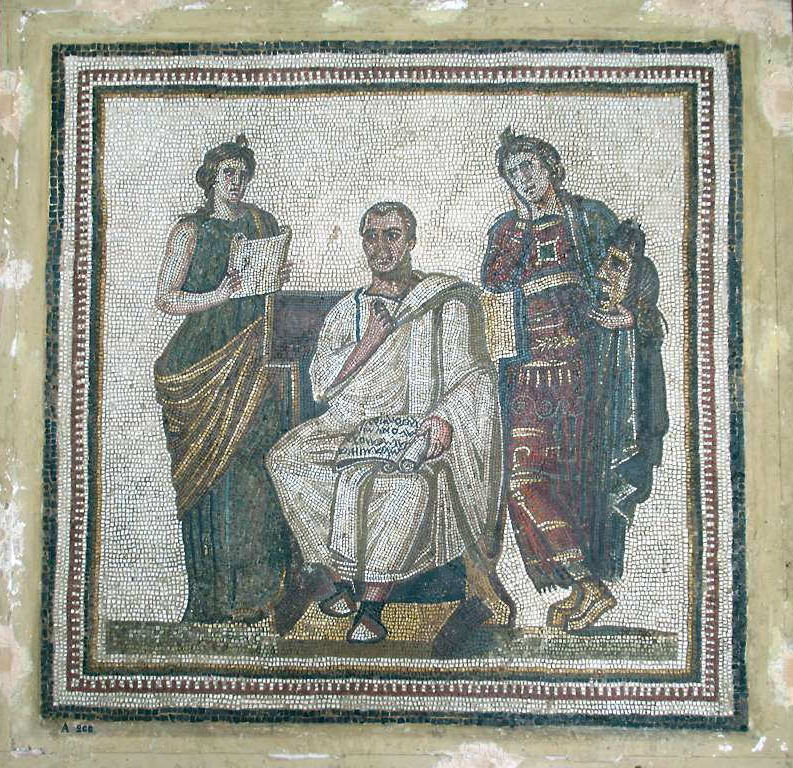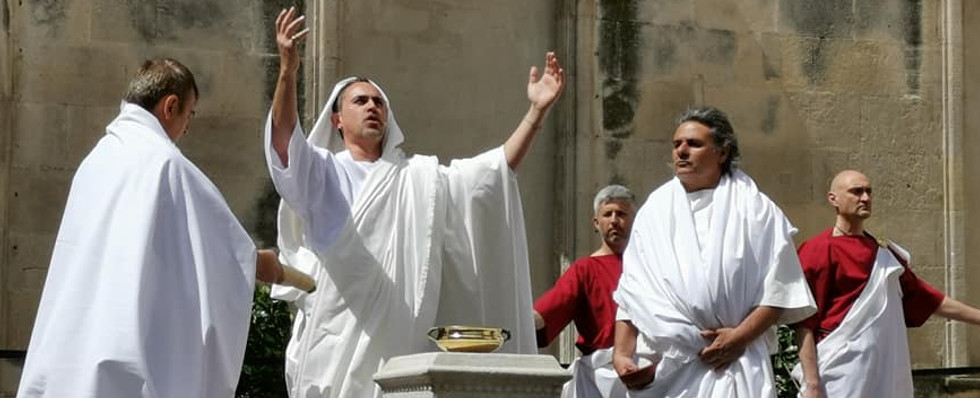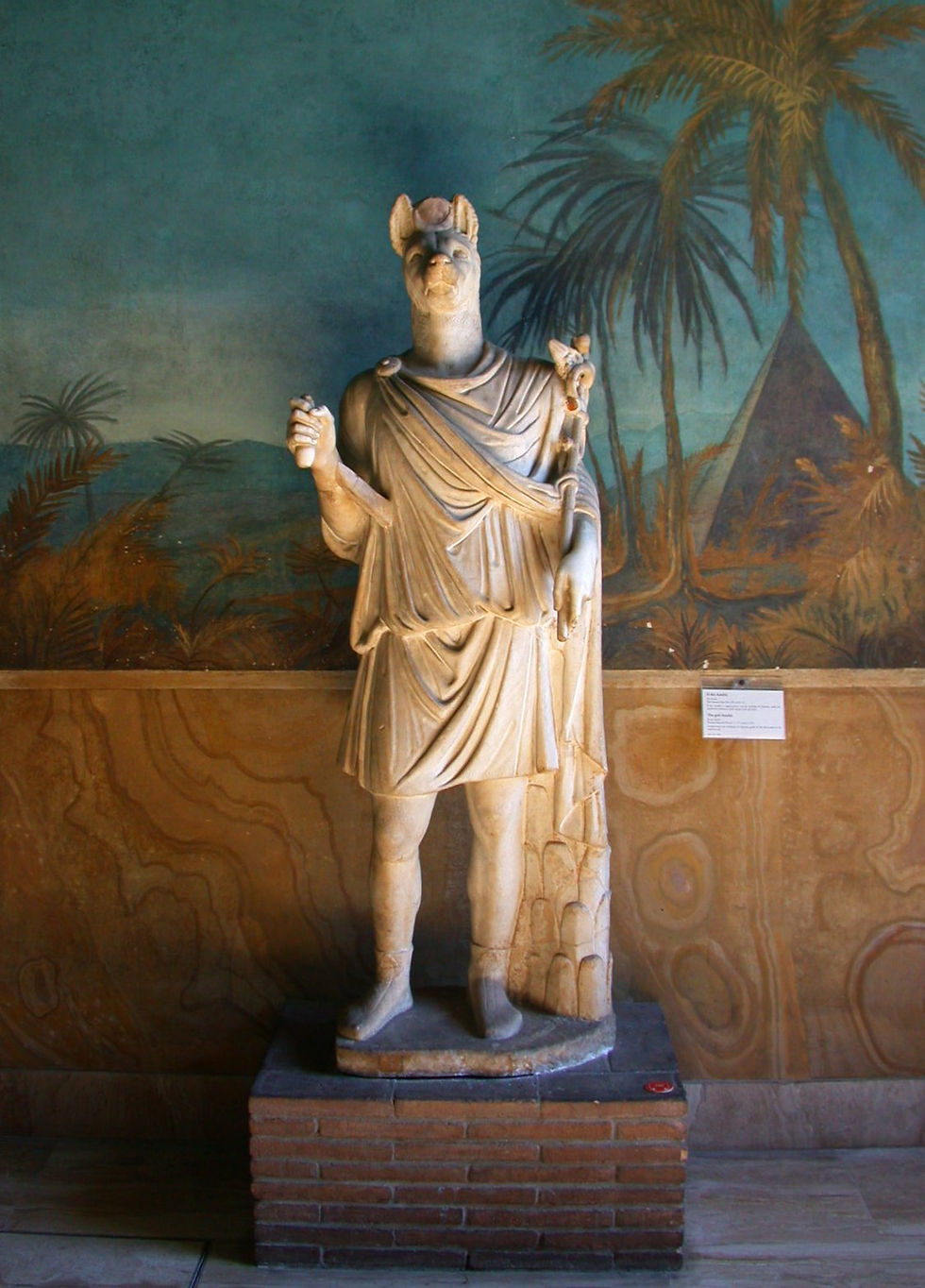Restored reading : the incipit of the Aeneid (Book I, verses 1-11 - Virgil)
- associationenarro
- Aug 8, 2025
- 2 min read
Virgil's Aeneid is one of the most famous works of Latin literature and the foundational epic of the myth of Rome. From its very first words, the poet places himself in the tradition of Homer's great epic narratives and announces the major themes of his work: war, destiny, and the journey of a hero. These first eleven verses, often called the "incipit," are a true declaration of poetic intent.

The Original Latin Text
Arma virumque cano, Troiae qui primus ab oris
Italiam, fato profugus, Laviniaque venit
litora, multum ille et terris iactatus et alto
vi superum, saevae memorem Iunonis ob iram.
Multa quoque et bello passus, dum conderet urbem,
inferretque deos Latio, genus unde Latinum,
Albanique patres, atque altae moenia Romae.
Musa, mihi causas memora, quo numine laeso
quidve dolens regina deum tot volvere casus
insignem pietate virum, tot adire labores
impulerit. Tantaene animis caelestibus irae ?
Translation
"I sing of arms and the man who, driven from Troy by fate,
first came to Italy, to the shores of Lavinium.
Long was he tossed about on lands and on the deep
by the power of the gods, because of the unforgettable wrath of cruel Juno.
He also suffered much in war, before he could found his city
and bring his gods to Latium, from whence came the Latin race,
the Alban fathers, and the high walls of Rome.
Muse, recall to me the reasons, what affront to her power,
what sorrow did the queen of the gods feel to drive a man
so remarkable for his piety to endure so many misfortunes,
to face so many trials ? Can such great angers dwell in heavenly hearts ?"
Analysis and Context
These opening verses are of capital importance. Virgil immediately announces the subject of his epic: the hero Aeneas (the man) and the wars he fought (the arms).
The Pious Hero : Aeneas is presented as the "hero remarkable for his piety" (insignem pietate virum). This piety, or pietas, is not just religious devotion but also the respect of his duties toward his family, his companions, and his divine destiny. It is the quintessential Roman quality.
Destiny versus Divine Wrath : Virgil establishes a central conflict between the will of destiny (fato profugus), which leads Aeneas to found Rome, and the wrath of the goddess Juno (saevae memorem Iunonis ob iram), who, out of hatred for the Trojans, multiplies his trials.
The Foundations of Rome : Verses 6 and 7 explicitly mention the hero's ultimate goals: to found a city, to bring the Trojan gods to Latium, and to give birth to the lineage that will found Rome. The Roman reader thus knew that this journey of wandering was the founding act of their own empire.




Comments